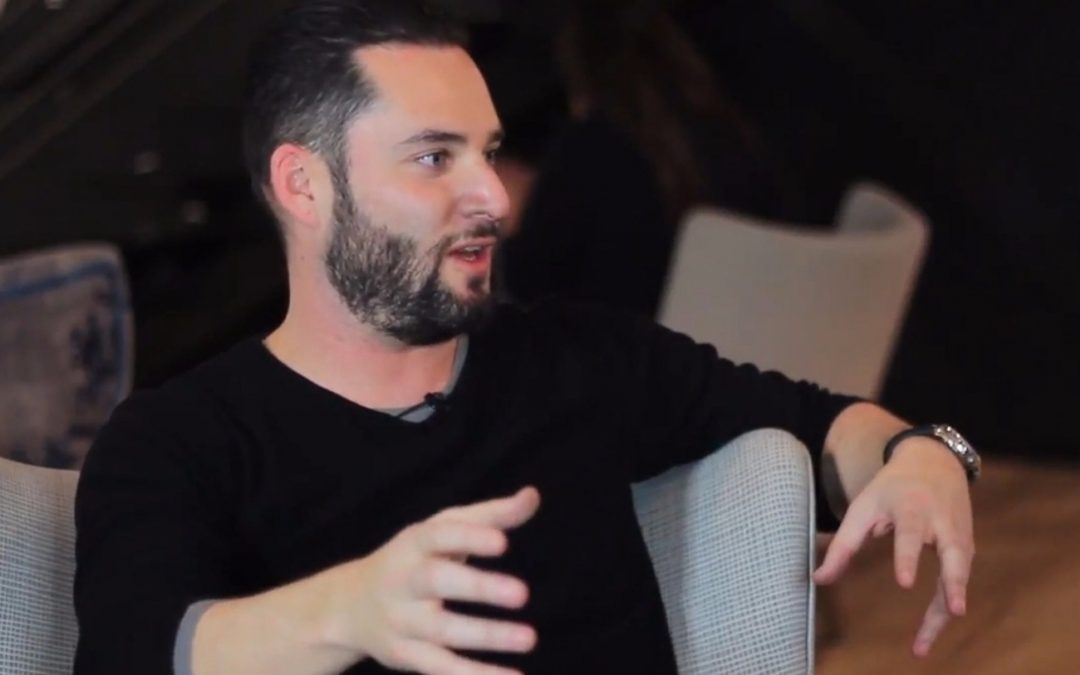Online entrepreneurship is understandably all the rage, but for the many readers who still dream of opening that quaint cafe, launching a one-of-a-kind boutique or joining the increasingly popular co-working space market, this article is for you.
Jason Saltzman is the founder of Alley, a membership community offering private office space, co-working desks, meeting and conference room space, events and services for entrepreneurs. He launched the business in 2011 and now oversees more than 70,000 square feet of space at four New York locations. The company’s 150-plus membership includes founders and small business owners in various industries ranging from education, legal services, health, real estate, journalism, PR and legal services, to entertainment apparel, cosmetics and more.
A true serial entrepreneur from his teens, Saltzman went through about 40 different startup ideas, achieving success with a few, like SeamlessDocs, which works with governments to help digitize and automate their documents and document-processing procedures. He’s now on the advisory boards of several startups, including Javelin and Pijon, serves as a mentor for the startup accelerator Techstars and is currently a “Special Advisor for Entrepreneurship and Technology” for the U.S. State Department.
I sat down with Saltzman recently at one of the Alley locations to talk about how he bounced back from multiple failed ideas, and how he beat the odds and found lasting success with Alley. He shared his advice for other brick-and-mortar founders.
First, don’t let past failures hold you back.
Although Saltzman had achieved some success prior to Alley, most of his past startups failed. Many of the successful entrepreneurs I interview have multiple failures under their belts and, like Saltzman, consider them lessons — not failures. His lessons helped him better understand and serve the ideal Alley market: fellow founders.
“[Failures] became ultimately lessons for me to grow this business and to also help people go through their failures and inspire them to just keep chugging along and to keep working on their products, regardless of what looks like a failure to everybody else,” he shared.
He added that you can’t succeed as an entrepreneur if you don’t learn to conquer the fear of failing, and failing repeatedly.
“Building a business is like a science experiment,” he explained. “If you’re creating a formula, are you gonna be upset that you don’t hit it right away? Are you gonna throw the test tube across the other side of the room and break the glass? You’re not — you’re gonna look at it from an academic standpoint, you’re gonna look at it as a science experiment, you’re gonna keep putting these ingredients together until you get the formula right.”
Then make dure you (really, really) understand real estate.
Saltzman explained that if leases could swim, they’d be sharks, so find a great lawyer who is prepared to scour every line.
“[Look for any] ‘You didn’t do this, gotcha!’ [terminology]. It’s like, I didn’t know if I didn’t leave the door open it would terminate my lease.” He added that you really need to understand not only your market but real estate as a whole.
“Know what you’re getting into . . . make sure you understand your profit margins. I know it sounds elementary to tell a business to do that, but especially when you have the tremendous amount of overhead as in a brick-and-mortar shop, understanding what your margins are, are crucial to running that business.”
Find the gap.
“Location, location, location!” is a saying for a reason. Part of Alley’s success…

